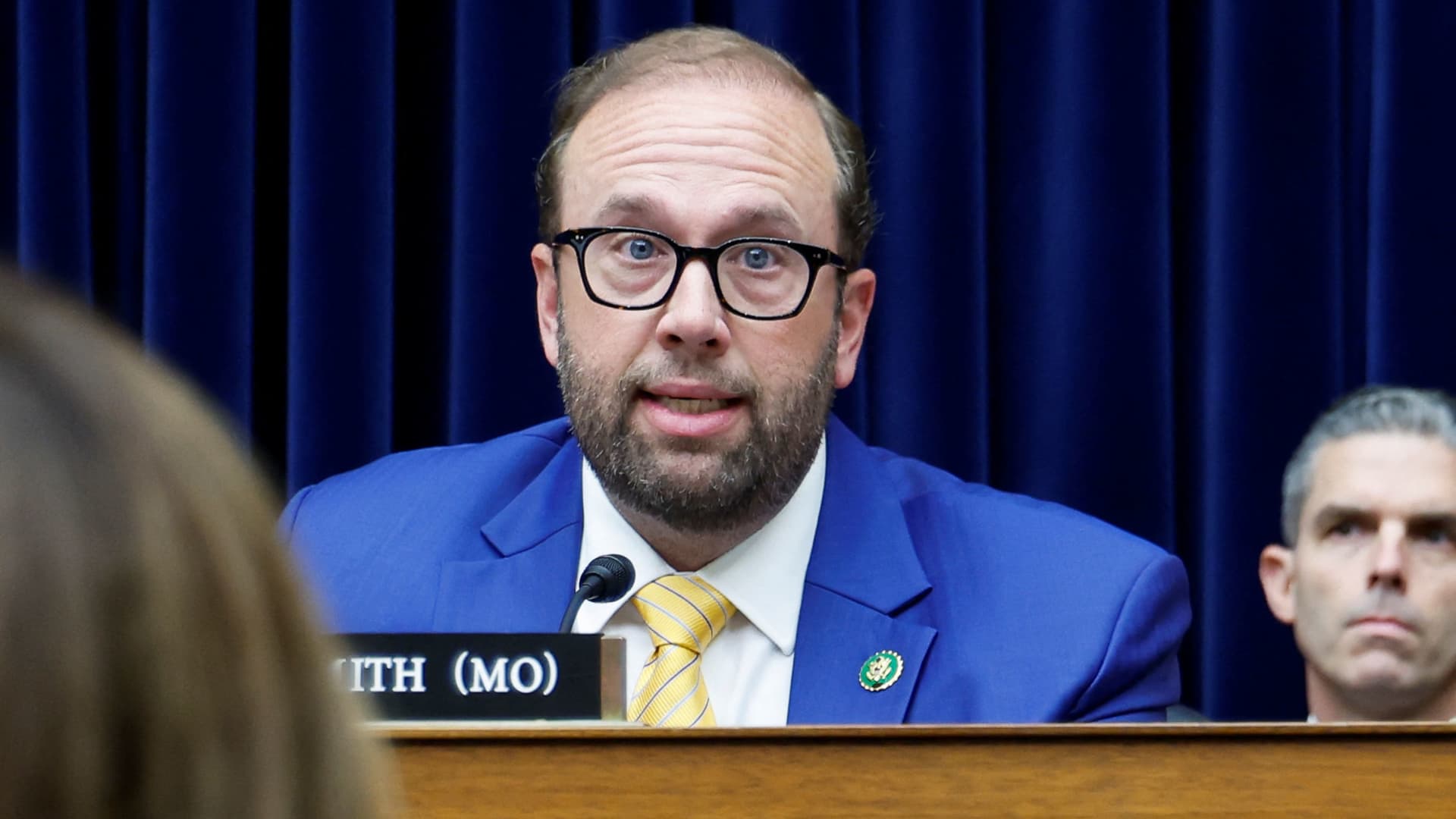8 Warning Signs Of Sleep Apnea You Shouldn't Ignore, From An MD
Up to 90% (!) of cases go undiagnosed.

"Any organ that needs oxygen can be impacted by OSA," says Cacho, making it a potentially dangerous disorder if left untreated.
Sleep apnea has been associated with an increased risk of high blood pressure2, cardiovascular disease and heart attacks3, and stroke. "People with untreated sleep apnea can also have problems with diabetes, metabolic syndrome, obesity, kidney disease, and even problems with their memory, which may result in dementia if left untreated for an extended period," says Cacho.
On the bright side, early treatment of sleep apnea makes a big difference in preventing some of the worst consequences of the disorder4.
If you or a bed partner has one or more of these symptoms (even just snoring!), it's important to raise them at your next doctor's appointment or schedule a check-in with a certified sleep specialist. From there, you might be a candidate for an overnight sleep study or at-home test.
If you're diagnosed with sleep apnea, Cacho explains you may be put on a treatment of positive airway pressure therapy, positional therapy, dental treatments, or surgery. Your physician may also point you toward lifestyle changes that can help with symptom management, such as breathing routines and diet changes.
Once you get a better handle on your sleep apnea, you'll likely find your overall sleep quality improves, translating to more energy, a better mood, a sharper mind, and so much more—yet another reason to get symptoms checked out.
Even if you don't have the disorder, talking through your symptoms with a physician can help you put a plan in place for improving your sleep. You might want to set a stricter bedtime schedule, limit electronics at night, better prioritize stress management, or start taking a sleep supplement.

 MikeTyes
MikeTyes 
































